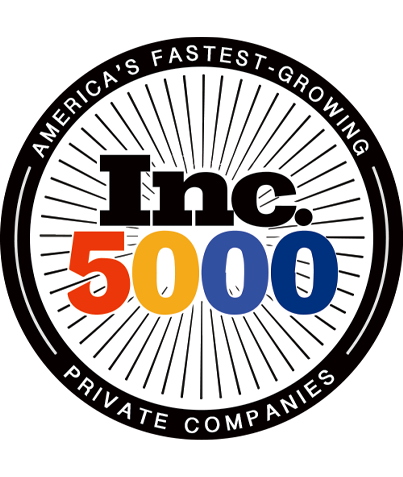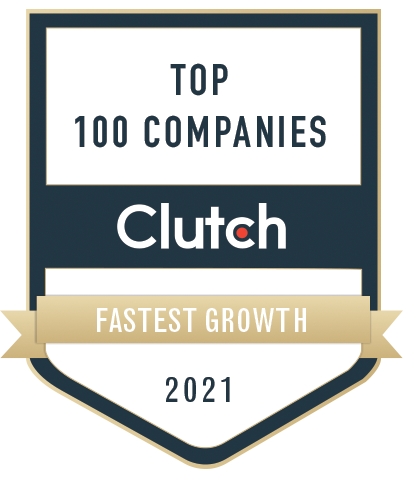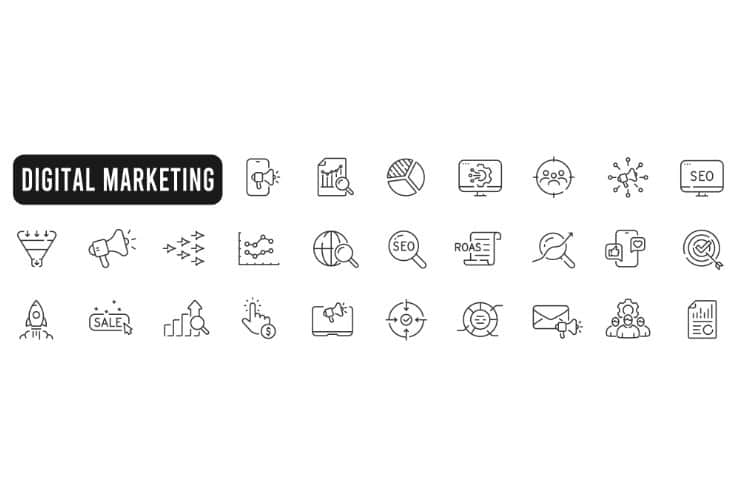Scaling your digital marketing isn’t just about bigger budgets or more ad spend—it’s about building sustainable, strategic systems that maximize efficiency, brand consistency, and ROI. Whether you’re a growing business or part of a scaling marketing team, it’s essential to implement practices that allow for growth without losing sight of your brand identity or performance metrics.
In this guide, we’ll cover 10 proven strategies that help businesses scale their digital marketing efforts effectively. From automation and analytics to SEO and content personalization, you’ll learn how to grow smarter, not just faster.
10 Ways to Scale Digital Marketing Efforts
-
Invest in Automation Tools
- Email automation (e.g., drip campaigns and behavioral triggers)
- Ad scheduling across Google Ads and social platforms
- Lead routing to the right sales rep or CRM stage
- Reporting dashboards for real-time campaign tracking
-
Create Targeted Content That Appeals to Your Ideal Customer
- Demographics (age, location, industry)
- Behavioral triggers (past purchases, clicks, downloads)
- Funnel stage (top, middle, bottom)
-
Master Search Engine Optimization (SEO)
- Keyword research and mapping to user intent
- On-page optimization (title tags, meta descriptions, internal links)
- Technical SEO (site speed, mobile-friendliness, crawlability)
- Backlink strategy (guest posts, citations, digital PR)
-
Leverage Social Media Platforms
- Use platform-native content (e.g., Reels, carousels, polls)
- Build community engagement via comments and direct messaging
- Run paid campaigns using lookalike audiences and retargeting
-
Try Online Paid Advertising
- Segment audiences by funnel stage and behavior
- Use retargeting to re-engage high-intent visitors
- Run A/B tests on headlines, CTAs, creatives, and landing pages
- Focus on ROAS (Return on Ad Spend), not just impressions
-
Experiment With Different Channels and Campaigns
- Influencer marketing or creator partnerships
- Affiliate programs for performance-based growth
- Webinars or virtual events to engage and educate
- Short-form video on TikTok or YouTube Shorts
-
Use Analytics and Data to Drive Decisions
- Customer Acquisition Cost (CAC)
- Customer Lifetime Value (LTV)
- Conversion Rate
- Return on Ad Spend (ROAS)
- Engagement metrics (click-through rates, time on site)
-
Deliver Exceptional Customer Service
- Use live chat and chatbots for fast, efficient support
- Incorporate service feedback into campaign messaging
- Share success stories and testimonials in content
-
Continuously Evaluate and Improve Your Marketing Strategies
- Hold monthly or quarterly performance reviews
- Test new messaging and creative approaches
- Retire underperforming campaigns
- Adjust goals based on real-time performance
-
Expand Reach on Social Media
- Collaborate with influencers or brand ambassadors
- Launch interactive contests or giveaways
- Repurpose high-performing content across platforms
- Use Reels, TikTok, or YouTube Shorts to increase discoverability
Digital marketing automation is the backbone of scalable growth. By automating repetitive tasks, teams can save time, reduce errors, and focus on strategy.
Benefits of marketing automation:
Not all content performs equally, especially when scaling. High-performing, personalized content drives engagement and conversions because it’s tailored to specific audience segments.
How to segment your audience:
SEO is one of the most cost-effective digital marketing strategies for sustainable traffic growth. It reduces customer acquisition costs (CAC) over time and builds a long-term pipeline of inbound leads.
Key areas of SEO to focus on:
SEO tools like Ahrefs, SEMrush, and Google Search Console are essential for monitoring and improving SEO performance.
Social media helps scale visibility, build brand trust, and drive engagement. A cohesive strategy integrates both organic and paid efforts across platforms like LinkedIn, Instagram, Facebook, and TikTok.
Tips for scaling social media:
Paid advertising is a powerful lever to scale quickly when used strategically. Channels like Google Ads, Meta Ads, and display networks enable precise targeting and measurable results.
Best practices:
Scaling isn’t just about doing more—it’s about doing what works better. Pilot campaigns allow you to test new ideas with minimal risk.
Channels to explore:
Data is essential for scalable marketing. The right analytics help you make smarter decisions and prioritize high-impact initiatives.
Important KPIs to track:
Customer experience is a marketing lever. Exceptional support can improve retention, generate referrals, and boost your brand reputation.
How to align service with marketing:
Growth is not set-it-and-forget-it. Successful scaling requires regular strategy audits and optimization.
How to improve continuously:
Beyond posting, think about how to amplify content and grow reach across platforms.
Tactics to expand reach:
Start Scaling Your Digital Marketing
Scaling your digital marketing efforts isn’t about doing more—it’s about doing it smarter. By leveraging automation, targeted content, SEO, paid advertising, analytics, and cross-channel experimentation, you can build efficient, scalable systems that grow your brand without sacrificing quality or performance. Prioritizing data, customer experience, and ongoing optimization ensures your marketing evolves alongside your business.
Ready to scale your digital marketing with confidence and clarity? Partner with Oyova to implement proven strategies and systems that drive results—so you can focus on growth, not guesswork. Schedule your free consultation today.
FAQs
Scaling in digital marketing means expanding your campaigns, reach, and impact without a matching increase in cost or manual effort. It emphasizes efficiency and improving ROI.
Scalability refers to how well your tools, systems, and strategy can handle increased marketing volume and complexity while maintaining performance.
The 3-3-3 rule is a copywriting framework: 3 seconds to grab attention, 30 seconds to hook the reader, and 3 minutes to deliver value and drive action.
To scale a marketing agency, build repeatable systems, delegate non-strategic tasks, automate where possible, invest in tracking tools, and offer efficient service packages.
Our Awards












